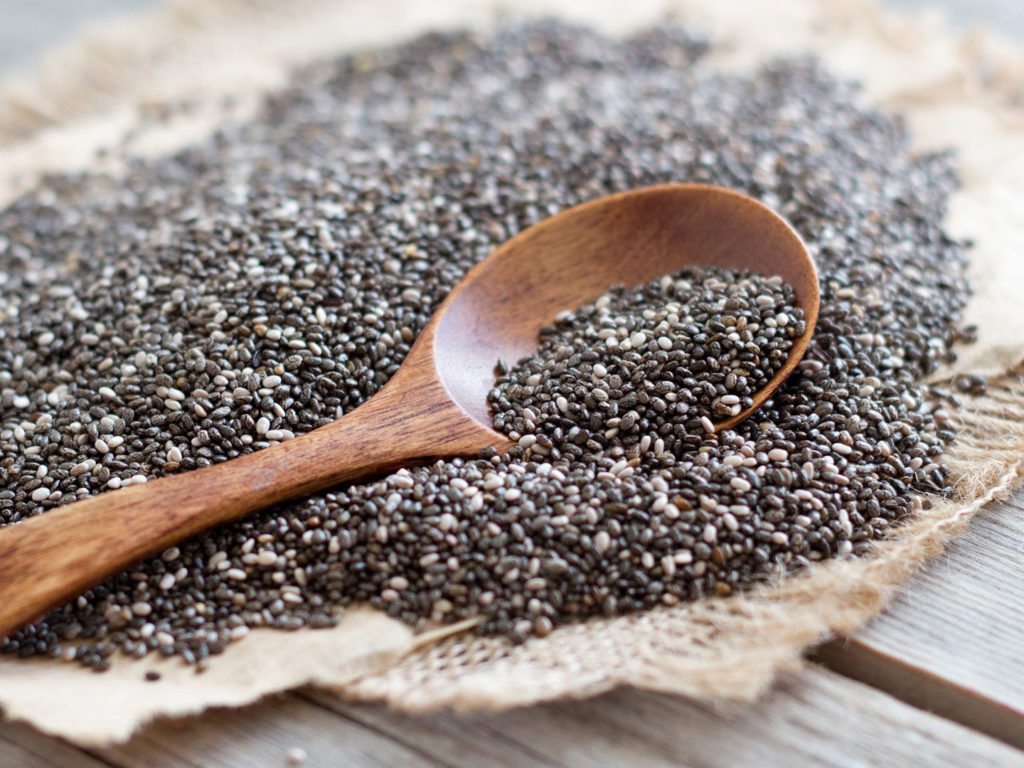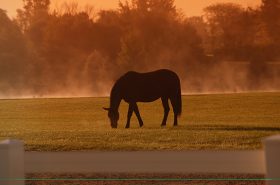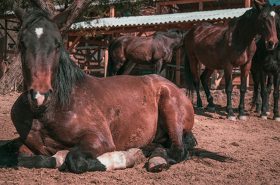You’ve probably heard the old adage, no hoof, no horse (which is true), but the same goes for lungs. A horse with respiratory issues won’t be able to perform to the best of their ability. Therefore, it’s important we be proactive in supporting good lung health and preventing debilitating conditions before they can start.
Avoid Lung Irritants
First and foremost, we should place a priority on avoiding irritants that could trigger breathing issues in our horses. Dust and mold are at the top of the list, as is ammonia from urine. If your horse is stalled for any part of the day, adequate barn ventilation is a must. Keeping stalls clean and even using ammonia-reducing products may be necessary as well.
Dusty feeds (especially grains) and dusty or moldy hay can also lead to lung problems. Round bales are probably the biggest offender, but keep an eye out for excessive dust or any mold in square bales as well.
You might also notice your performance horse coughing when warming up in the arena, and this can be due to the dust, too. If you have your own arena, using a watering system or some other form of dust control is a great idea.

Support with Supplements
A number of supplements can help with both the prevention and treatment of lung problems in horses. Here are a few of importance:
- Omega-3 fatty acids such as those found in ground flaxseed or chia seeds support normal internal inflammatory response and may protect against many diseases associated with high levels of inflammation, including those affecting the respiratory system.
- Spirulina, a type of blue-green algae, has a positive impact on the immune system; specifically, it improves production of IgG antibodies while down-regulating allergies associated with IgA antibody responses.
- Magnesium is a bronchodilator, meaning it relaxes the bronchial muscles and expands the airways, allowing more air to flow in and out of the lungs. Many horses are magnesium deficient as it is, so supplementing with this mineral is often a good idea.
- Vitamins C is a powerful antioxidant associated with higher levels of lung function.
With your horse’s lung health, an ounce of prevention is worth a pound of cure!
**
Casie Bazay is a freelance and young adult writer, as well as an owner/barefoot trimmer and certified equine acupressure practitioner. She hosts the blog, The Naturally Healthy Horse, where she regularly shares information on barefoot, equine nutrition, and holistic horse health. Once an avid barrel racer, Casie now enjoys just giving back to the horses who have given her so much. Follow Casie at www.casiebazay.com.



